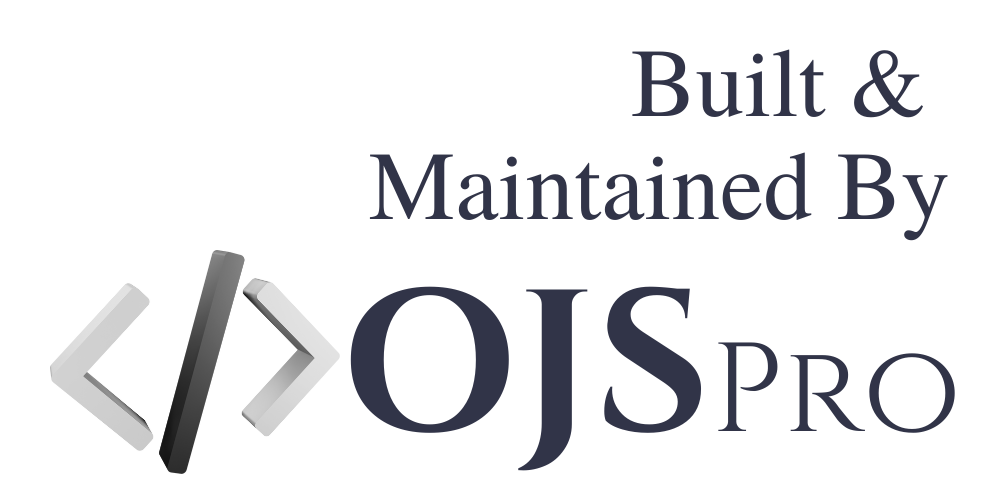WHO CONTROLS THE INTERNET? ILLUSIONS OF A BORDERLESS WORLD – JACK GOLDSMITH & TIM WU
Downloads
Keywords:
JACK GOLDSMITH & TIM WU, internet, ControlAbstract
The invention of any new communication technology brings with it a feeling of euphoria and hope. The hope that somehow our living conditions are going to change fundamentally. At the invention of the telegraph, we felt that language differences would be obliterated in favour of a common language and physical boundaries would jettisoned firmly into the past.1 Unfailingly, new communication technologies inspire in us the feeling that a somewhat new liberty will result even though we know that technologies do not change human nature. They are tools. Tools perform tasks they are made for but at no time do they change the nature of the user. Tools may inspire new ways of thinking, adjustments even, but they do not change the human being. We cannot imbue tools with the ability to change us for we are the ones responsible for our own mistakes and the way we arrange the world. Therefore, new technologies, if anything, end up preserving the existing social orders and disorders in the new system. Goldsmith and Wu capture this idea with succinctly. ‘It was an era in which the Internet was changing the rules of business…It seemed only natural that the Internet would also change the rules of politics.’2 Decades later, the arbitrary conditions of our existence as they were are as real as they were before the Internet became a commonplace medium. Nevertheless, our utopian ideals did not hold but the governments we thought would die have remained firm. However, governments are still held in the stupor, ‘How do we control the Internet?’
External References to this Article
Loading reference data...
License Terms
Ownership and Licensing:
Authors of research papers submitted to any journal published by The Law Brigade Publishers retain the copyright of their work while granting the journal specific rights. Authors maintain ownership of the copyright and grant the journal the right of first publication. Simultaneously, authors agree to license their research papers under the Creative Commons Attribution-ShareAlike 4.0 International (CC BY-SA 4.0) License.
License Permissions:
Under the CC BY-SA 4.0 License, others are permitted to share and adapt the work, even for commercial purposes, provided that appropriate attribution is given to the authors, and acknowledgment is made of the initial publication by The Law Brigade Publishers. This license encourages the broad dissemination and reuse of research papers while ensuring that the original work is properly credited.
Additional Distribution Arrangements:
Authors are free to enter into separate, non-exclusive contractual arrangements for distributing the published version of the work (e.g., posting it to institutional repositories or publishing it in books), provided that the original publication by The Law Brigade Publishers is acknowledged.
Online Posting:
Authors are encouraged to share their work online (e.g., in institutional repositories or on personal websites) both prior to submission and after publication. This practice can facilitate productive exchanges and increase the visibility and citation of the work.
Responsibility and Liability:
Authors are responsible for ensuring that their submitted research papers do not infringe on the copyright, privacy, or other rights of third parties. The Law Brigade Publishers disclaims any liability for any copyright infringement or violation of third-party rights within the submitted research papers.
Published
Issue
Section
License

This work is licensed under a Creative Commons Attribution-NonCommercial-ShareAlike 4.0 International License.
Copyright © 2026 by Christopher Rosana Nyabuto, Gibson Gisore Nyamato
The copyright and license terms mentioned on this page take precedence over any other license terms mentioned on the article full text PDF or any other material associated with the article.


